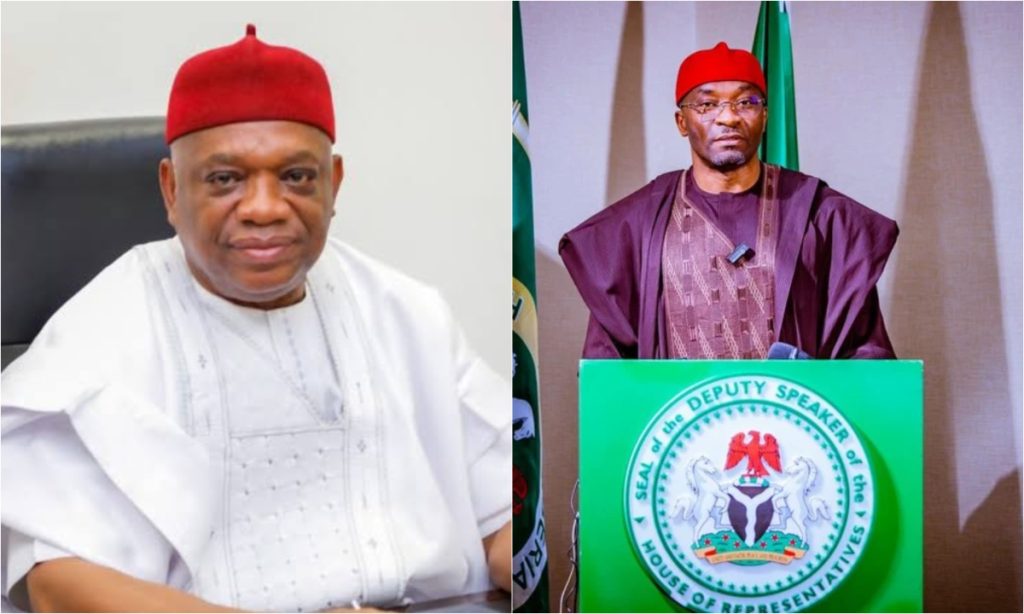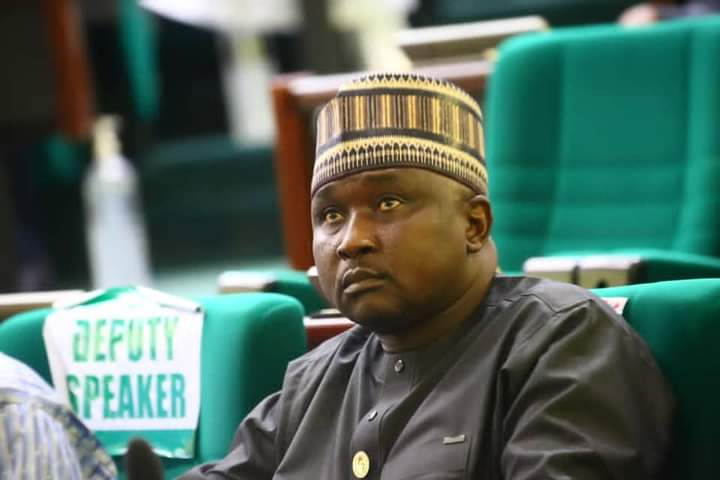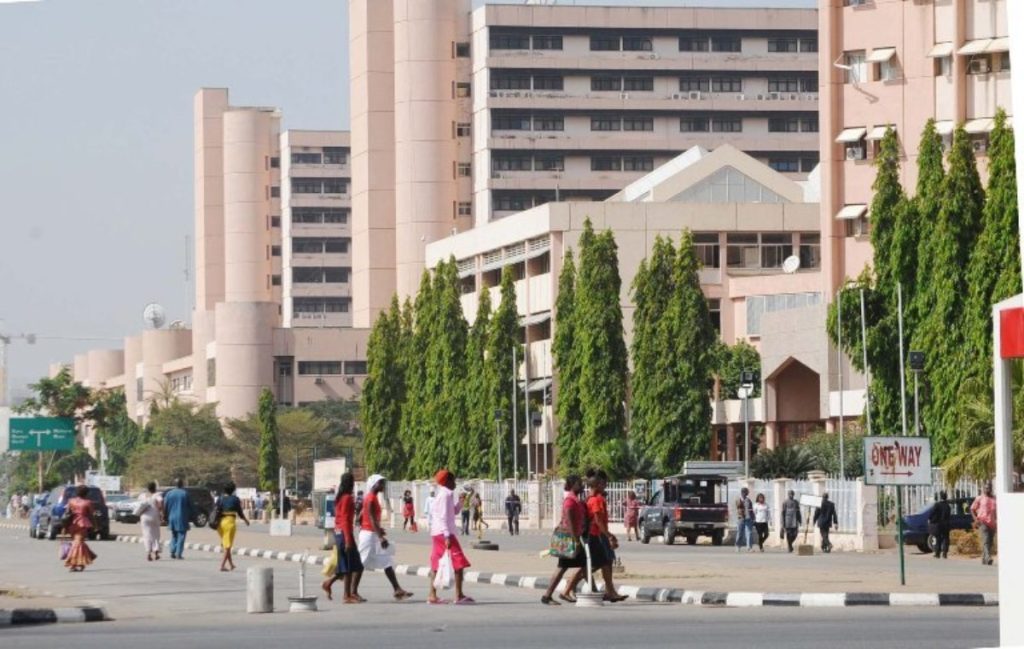Mali, grappling with political turmoil, has made a bold move by initiating a fresh peace process merely a day after nullifying a critical 2015 peace agreement. The decision by the ruling junta has raised skepticism among Tuareg rebels regarding the genuineness of the initiative.
The junta’s latest decree paves the way for the formation of a new committee tasked with overseeing a national peace dialogue. This significant development comes on the heels of the junta’s abrupt termination of the 2015 peace deal with northern separatist groups, citing Algerian interference in its internal affairs. Notably, Algeria had previously played a pivotal role as a mediator between the Malian government and predominantly Tuareg armed factions.
In a bold assertion, Choguel Kokalla Maiga, the military-appointed head of the government, declared, “There will be no negotiations outside Bamako. We will no longer… go to a foreign country to speak about our problems,” through a video shared on social media on Friday.
However, the Tuareg rebels have cast doubt on the junta’s proclaimed peace overture. Mohamed Elmaouloud Ramadane, a spokesperson for the Tuareg rebels, dismissed the new initiative as a mere facade and a futile exercise, alleging it to be a coordinated effort among aligned groups.
The junta’s decree unveiled the framework for the committee and delineated the necessary steps for preparing peace talks. However, it refrained from specifying a timeline or explicitly identifying the groups to be included in the dialogue. Meanwhile, a coalition of Tuareg rebel factions affirmed the termination of the 2015 peace deal in a statement, urging its members to reassess and revise their objectives in light of the evolving situation.
The now-defunct Algiers Accord, brokered in 2015 with backing from the UN, was deemed pivotal in upholding stability in a region marred by a surge in extremist violence since 2012. The agreement sought the integration of former rebels into the national army and provisions for greater autonomy in various regions.
Mali’s junta attributed the dissolution of the accord to a “shift in posture of certain signatory groups” and “hostile acts” orchestrated by Algeria, the primary mediator of the peace deal. Tensions have escalated between Mali and Algeria, with the former accusing the latter of undue interference and unfriendly conduct. Last December, Mali’s government summoned the Algerian ambassador, alleging that the diplomat had engaged in meetings with Tuareg separatists.
The unraveling of the peace agreement became evident following clashes between Mali’s military and the separatists in August last year. The West African nation has weathered two coups since 2020, culminating in military rule and a fallout with Western powers involved in Mali’s counterinsurgency operation. The junta’s directive to expel UN peacekeeping forces and French troops, engaged in combating insurgents in the northern region, has been a catalyst for the surge in violence as both the government and separatist groups fiercely vie to fill the ensuing power vacuum.
Amidst this disarray, Mali finds itself engulfed in a quagmire of escalating violence and political instability, raising grave concerns about the country’s future trajectory.



